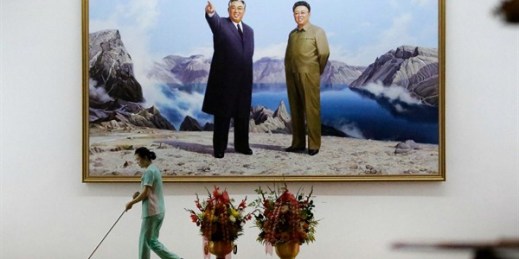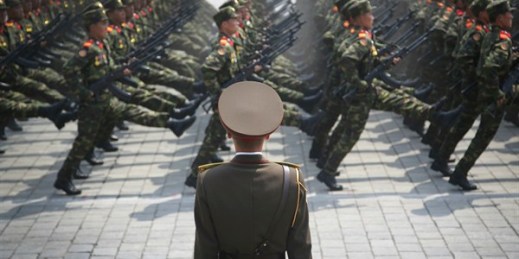
On June 21, the United States and China held their first-ever Diplomatic and Security Dialogue in Washington. The dialogue, co-chaired on the American side by Secretary of State Rex Tillerson and Secretary of Defense James Mattis, is a new iteration of engagement that evolved from the April meeting between President Donald Trump and his Chinese counterpart, Xi Jinping, at Mar-a-Lago. Along with other newly created discussions on trade and law enforcement issues, the dialogue is aimed at narrowing the focus of the former U.S.-China Strategic and Economic Dialogue, which met annually during the Obama administration. Unfortunately, when it comes to […]



